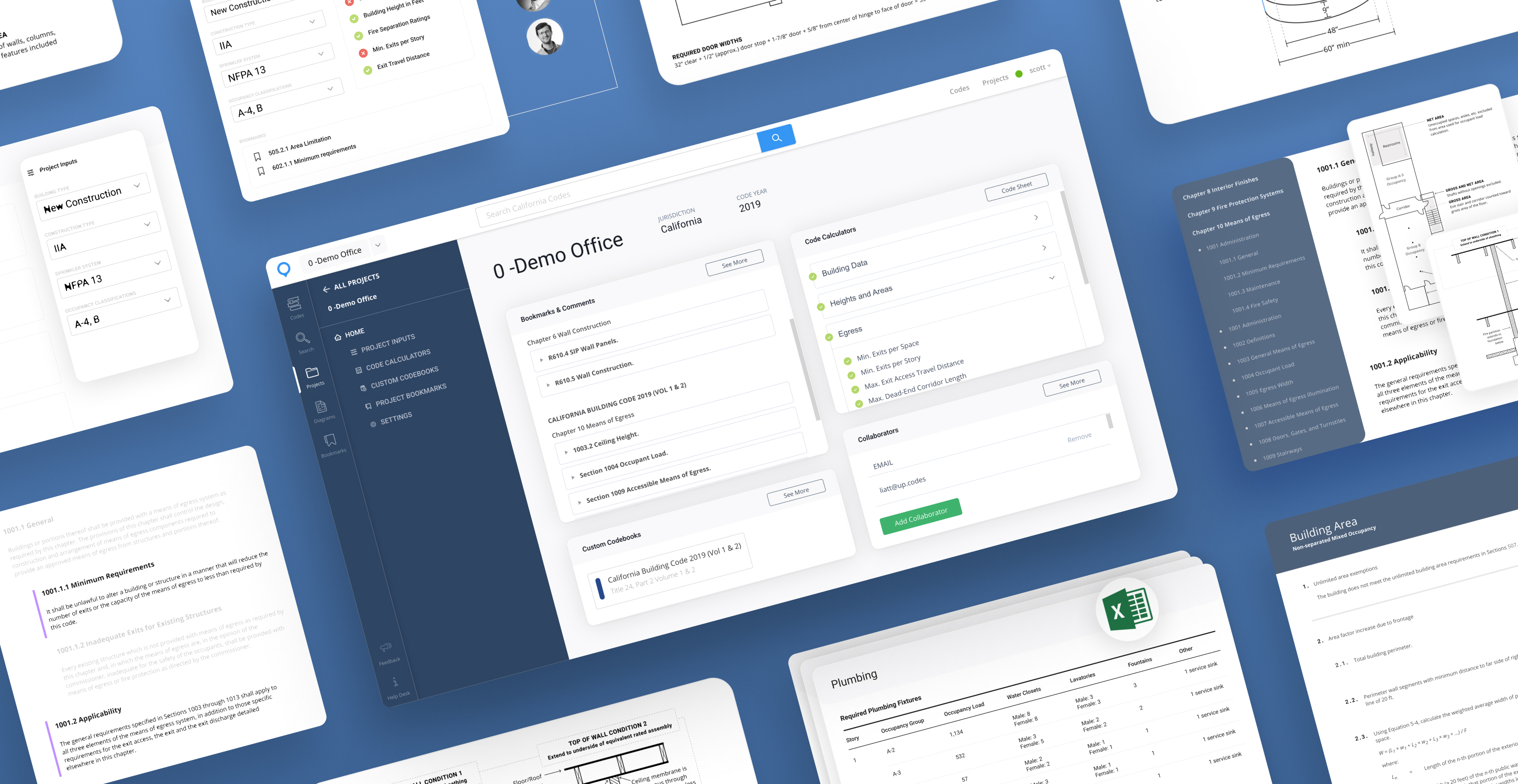Early-stage founders why not take a page from the old Doublemint gum slogan — double your pleasure, double your fun — and buy a dual-event pass for access to both TC Early Stage 2021 events? We can’t promise minty-fresh breath, but you will get twice the knowledge and double the opportunity to connect and expand your network. Sweet!
Fast Action: This early-bird offer expires promptly on March 26 at 11:59 pm (PST). Don’t miss your chance to save up to $100.
The two all-virtual bootcamp experiences (Operations and Fundraising on April 1-2 and Marketing and Fundraising on July 8-9) feature different sets of experts, content and presentations, but both focus on the vital startup skills entrepreneurs need to master.
What’s more, you’ll learn from the best of the best. Founders, investors and other startup experts who’ve been in the trenches and done the heavy lifting. They’ll share their experiences and advice to help you sharpen your skills and avoid pitfalls.
Here’s a quick hit of what we have in store for April. Check out the agenda and start planning your schedule.
Finding Your Product Market Fit: Sean Lane, Olive AI’s founder and CEO, is no stranger to the pivot. Hear how he practiced patience in the search for product market fit, how he knew it when he finally found it and tactics he used to build on it.
How to Nail Your Virtual Pitch Meeting: The rules of the pitch meeting have changed. Instead of traveling across the country, wasting time in planes, trains and automobiles, founders can take upwards of 30 meetings in a day from the comfort of their home. Entrepreneur and VC Melissa Bradley will outline how to make the most of that half hour on Zoom and lock in the next meeting.
Here’s what Ashley Barrington, founder of MarketPearl, told us about her time at TC Early Stage 2020.
“TechCrunch offered a great variety of sessions and speakers — top investors, founders and credible subject-matter experts — who gave unique insights based on personal experience. You get great mentorship through attending the Early Stage sessions. It’s like a mini masterclass in entrepreneurship.”
Don’t wait. Double down on your own success and join us for both TC Early Stage 2021 events. You have less than two weeks to score the early-bird price on a dual-event pass and save up to $100. That’ll buy a whole lot of Doublemint gum.
Is your company interested in sponsoring or exhibiting at TC Early Stage 2021 — Operations & Fundraising? Contact our sponsorship sales team by filling out this form.




